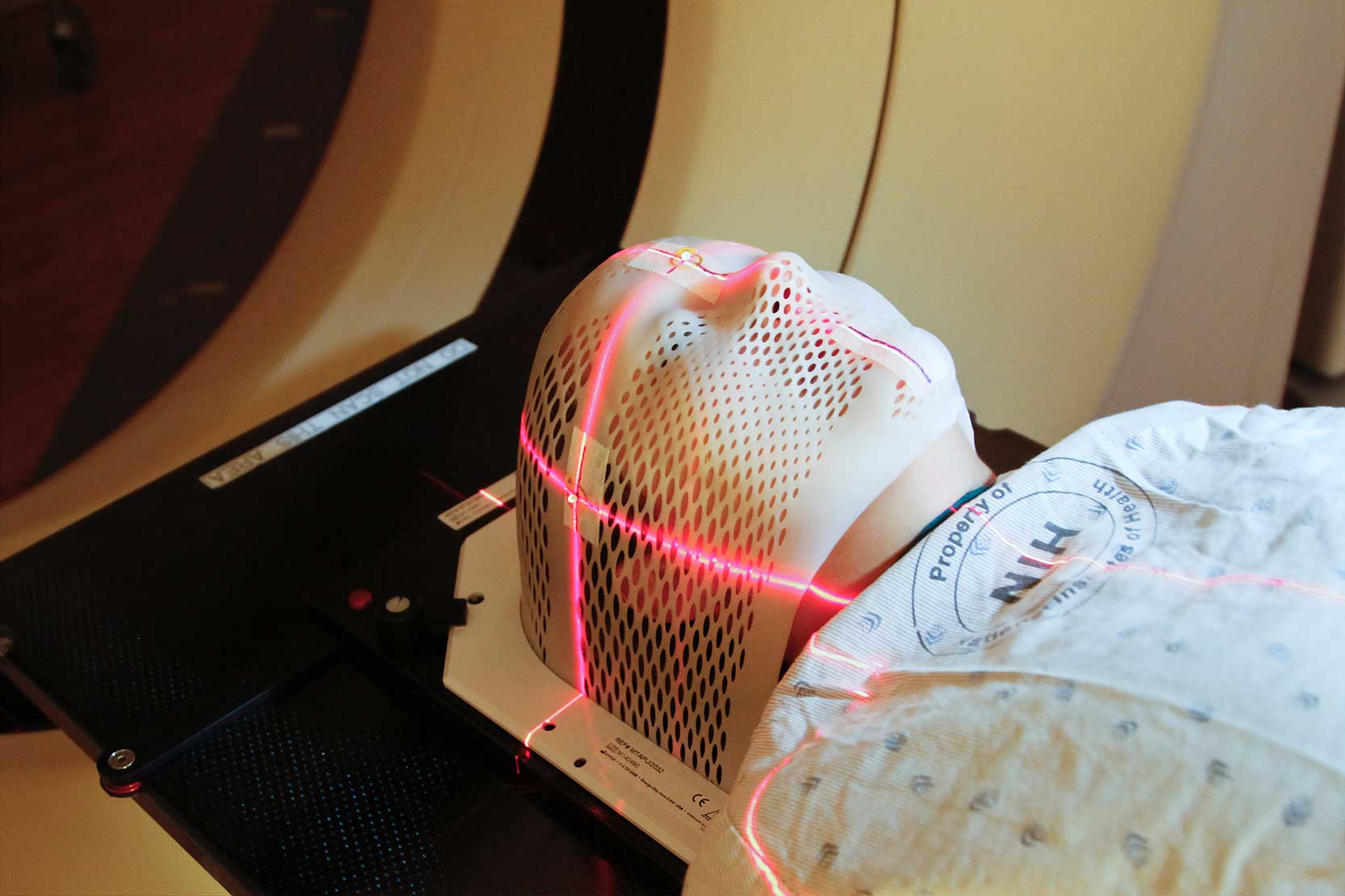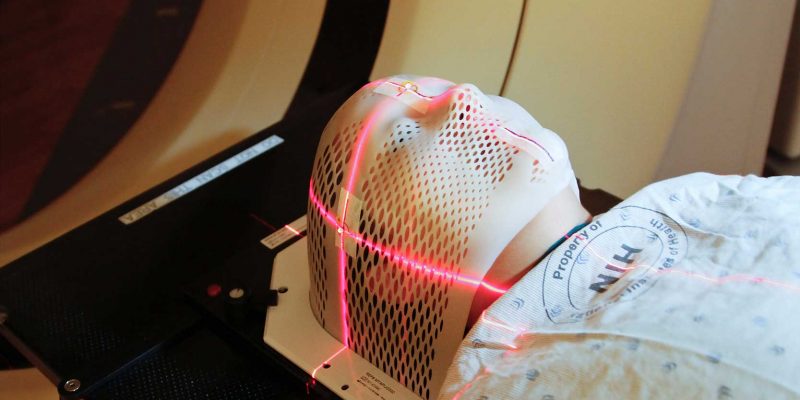A magnetic resonance imaging scan, more commonly known as an MRI, is just one of a number of different ways that a medical professional can diagnose conditions and injuries. However, it is often felt that MRI is the best option, as it is non-invasive, completely safe, and it offers the doctor a much clearer image than many other techniques.
The great thing about an MRI is that it can help with a vast number of different conditions.

Read on to find out why you might need an MRI and what it can do to help you.
Why Have An MRI With Contrast?
Before we begin to talk about why you might need an MRI, it’s worth mentioning that there are two different types of MRI scans. The first is a standard MRI using just the machine. The second is an MRI with contrast.
The contrast is a chemical that makes it easier to see the condition of your organs and blood vessels than an MRI alone. The contrast makes a big difference in how good the MRI images are.
You will be given an IV so that the contrast can be given to you. The dye flows into your blood vessels in less than 30 seconds. After the test, the substance will leave your body in one day through your urine.
Your medical professional will know which is the best option to use, and if you have your MRI done at a specialist clinic such as Express MRI, you’ll be able to ask as many questions as you need to to ensure that you have all the information you need about which procedure you are having and what the reasons are behind it.
This will help you feel much calmer and ensure the MRI is done quickly and smoothly.
Also Read: The Benefits Of Vaccinations
An MRI Can Find Tumors
An MRI with contrast can show a tumor in its early stages in any joint, soft tissue, or other parts of your body. Your radiologist may be able to tell exactly how big it is, where it is, if it’s cancer, and if it’s spread to other parts of your body.
Remember that an early diagnosis can save lives, so if you’re concerned, having an MRI is an excellent option.
With contrast, an MRI can show tumors and other abnormalities in organs, such as:
- Prostate
- Bile ducts and liver
- Kidneys
- Breast
- Uterus/Ovaries
- Spleen/Pancreas
Check Your Heart And Blood Vessels
About 700,000 Americans die every year from heart disease. With an MRI with contrast, your radiologist can look at your veins and arteries.
Do you have plaque in your arteries? If your arteries are blocked, do you have carotid artery disease? Is there a blood clot? All of these questions can be answered by an MRI with contrast.
A clear picture can also be seen of your heart’s chambers, the thickness of its walls, and any problems with your aorta. If you have damage because of heart disease, an MRI can tell you how bad it is.
This means you can start the right treatment or change your lifestyle (or both) sooner rather than later, and that can make all the difference.
Look At Your Spine
An MRI without contrast is more commonly used when there are spinal cord problems, even though an MRI is very often used to show soft tissue concerns in your musculoskeletal system.
An MRI with contrast is beneficial for conditions like bone infections, herniated discs, spinal tumors, multiple sclerosis, compression fractures, pinched nerves, and compressed discs because it can help your doctor determine your treatment plan.
Detect Issues With Your Brain
The problem with head injuries is that they might lead to nothing at all, but they might lead to something very serious – even life-changing or life-ending. This is why it’s so important to receive medical help even if you don’t think the bump on the head you received is too bad at all.
An MRI with contrast is the perfect way to determine whether there is a real issue with your brain or not.
As well as this, an MRI can also be used to detect brain tumors and confirm the diagnosis of dementia, multiple sclerosis, stroke, and brain infections, for example.
When a head injury or brain condition is left untreated, it can cause many problems, but having an MRI early means treatment can get underway as soon as possible, ensuring you and those around you are protected.
Also Read: Top 5 Benefits of Enrolling in CPR Certification Classes
Risks To Be Aware Of
No matter the reason why you need an MRI, safety is always the most important thing. So, if you have any kind of metal device or piece of metal in your body, your doctor may have to look for other ways to figure out what’s wrong.
In an MRI, strong magnets are used, and the metal will be drawn to the magnetic force made by the scan.
You may not want an MRI scan if you are pregnant or have had brain surgery in the past few months. Make sure you speak to your practitioner to find out the best course of action.




